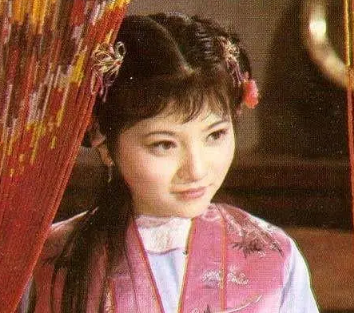The Warring States period was an era full of wars and changes in Chinese history. During this period, various noble titles such as "Jun" and "Hou" frequently appeared in historical documents. So, what is the difference between these two titles? Which one has a higher status?

First, let's explore the status of "Jun". In ancient China, "Jun" was a general term for feudal lords, including the lords of many feudal states such as the Five Lords of the Spring and Autumn period and the Seven Mighty States of the Warring States period. They had their own territories and armies, ruling their countries internally and participating in various political and military activities externally. It can be said that "Jun" was the ruler of a country, possessing considerable status and power.
On the other hand, "Hou" was a feudal rank under the feudal system, usually granted by the Zhou emperor to his loyal and meritorious ministers or descendants. They enjoyed a certain degree of autonomy within their own territories but still had to show loyalty to the Zhou emperor. Compared to "Jun", the status of "Hou" was relatively lower, and their power was more limited.
So, coming back to our question, which has a higher status between Jun and Hou? From the above analysis, it can be seen that "Jun", as the ruler of a country, has greater power and status. Although "Hou" is also a noble title, its status and power are relatively smaller. Therefore, during the Warring States period, the status of "Jun" was obviously higher than that of "Hou".
However, it is worth noting that with the wars and annexations among the various states during the Warring States period, many nobles who were originally just "Hou" gradually rose to power. Through territorial expansion and strength enhancement, they eventually became bona fide "Jun". This also reflects the turmoil and changes in the social and political landscape of that era.
In conclusion, during the Warring States period, although both "Jun" and "Hou" were noble titles, there were obvious differences in status and power. "Jun", as the ruler of a country, had a higher status and greater power; while "Hou" was relatively weaker. However, in that era of wars and changes, this boundary was not absolutely fixed, and many "Hou" could also rise to the ranks of "Jun" through their efforts.
Disclaimer: The above content is sourced from the internet and the copyright belongs to the original author. If there is any infringement of your original copyright, please inform us and we will delete the relevant content as soon as possible.































